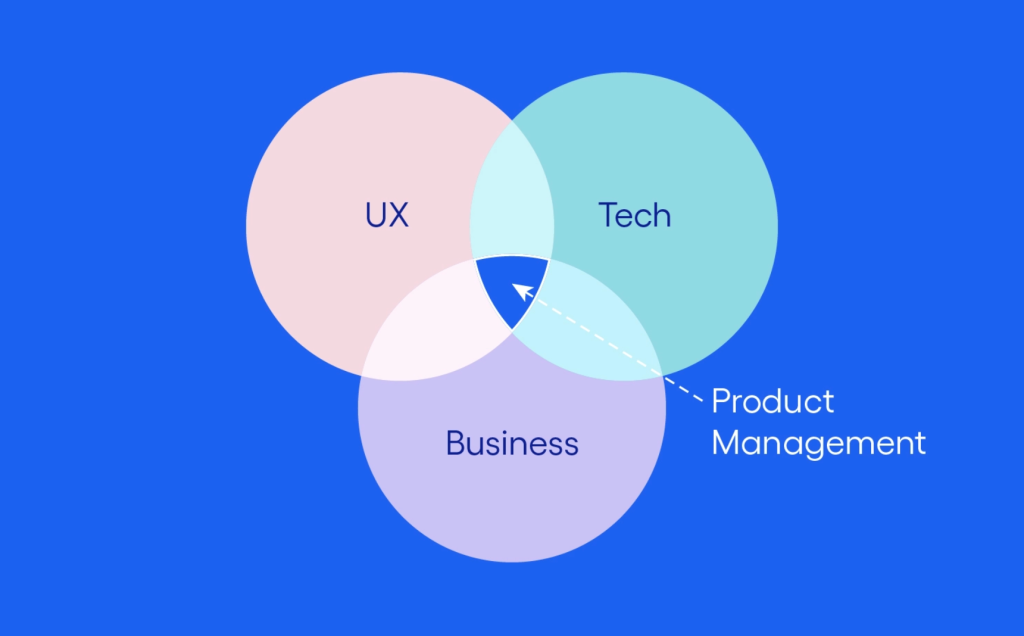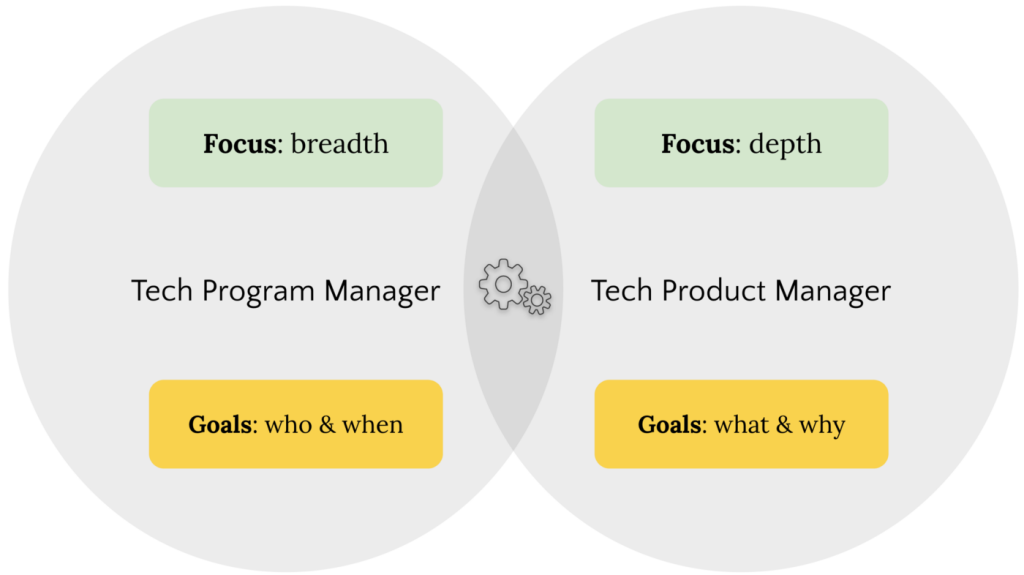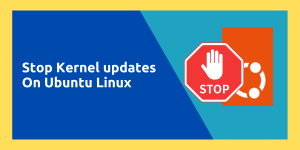
For every software company, having a technical product manager is like having a strong bridge between the technical and non-technical teams. A technical product manager can communicate clearly with non-technical stakeholders.
In today’s business landscape, it’s becoming more important to have someone who understands technology and can apply their knowledge to the product and the company; someone to bridge the gap between the developers’ needs and the company’s business needs, improving the developer experience within the company without compromising on business goals.
This is why having a technical product manager is crucial to the success of your product.
In this article, we will cover what it means to be a technical product manager, how it is different from a product manager, and why you should consider hiring a technical product manager.
Who is a Technical Product Manager?
Technical product management (TPM) is a hybrid role that straddles business strategy and software engineering. The job involves a lot of hands-on technical work, which some people might find surprising. Most non-technical people might think that a product manager’s day-to-day work revolves around strategizing and doesn’t focus on the nitty-gritty of coding and APIs. But in reality, TPMs are required to wear both hats as much as possible.

As a technical product manager, you’ll need to understand the details of how your product works at an algorithmic level so that you can suggest new features and refinements from a structural perspective. You’ll also need to understand how your software works so that you can document it accurately for other team members who don’t have that same level of insight into its inner workings.
In reality, the term technical product manager refers to a person rather than a job title. It refers specifically to a product manager with a technical background who works on a technology product. It does not describe a product manager who must perform technical tasks like software architecture and coding. A product development manager is in the same boat. They are not actually working on the product—they are doing the work of a product manager in close coordination with the software development team.
To put it simply, for a company to get the most out of the role, product managers must focus on product management rather than development. However, if the job requires a deep understanding of the company’s technology and needs to maintain regular interaction with the development team to successfully lead the product strategy, then you need a TPM.
How Is a Technical Product Manager Different from a Product Manager?
The major differentiating factor between a technical and non-technical product manager is that technical product managers are usually from an engineering background. In a software company, a technical product manager would be someone with a computer science degree or someone who has previous experience in engineering roles.
The mix of technical and product skills of a technical product manager makes them an asset in any company.

Why Should You Hire a Technical Product Manager?
We have established the meaning of a technical product manager, their responsibilities, and the difference between a technical product manager. Let’s look at the advantages of having a technology-savvy product manager.
Improved communication (and trust) from your development team — a technical product manager is a role that bridges the communication gap between the business and development teams. Having a technical product manager would help improve communication and garner trust from your development team.
A good technical product manager will understand what it takes to build a successful product and how to work with developers on their timelines, while still ensuring that the final product meets (and exceeds) the company’s expectations.
A good technical product manager has a clear understanding of every aspect of the product, from the customer experience to the infrastructure that supports it. This enables him/her to engage with stakeholders across the organization and lead them through the product development process. This includes working with product marketing to identify customer needs and building a prioritized backlog of product requirements with engineering by communicating effectively the business needs from a technical perspective thereby improving the developer experience of the team.
A technical product manager is a person who is responsible for making sure that the software that your company creates, builds, and distributes is up to the highest standards.
This means they need to understand how to support the product in terms of both its technical features and user experience. They also need to know what tools are available to them, so they can make informed decisions about how to implement these features.
Lastly, having a technical product manager will help you understand technical challenges and make educated trade-offs with your team on how best to build, maintain, and market your products.
Conclusion
There are many reasons to hire a technical product manager. The main responsibility of a technical product manager is to manage the product roadmap. The technical product manager must have a clear understanding of every aspect of the product, from the customer experience to the infrastructure that supports it. You’ll also need to find the right candidate for the job by making sure your TPM is familiar with the problem domain and the tools used by your engineering team. With these tips in mind, you’re more likely to find the right candidate and hire a technical product.




